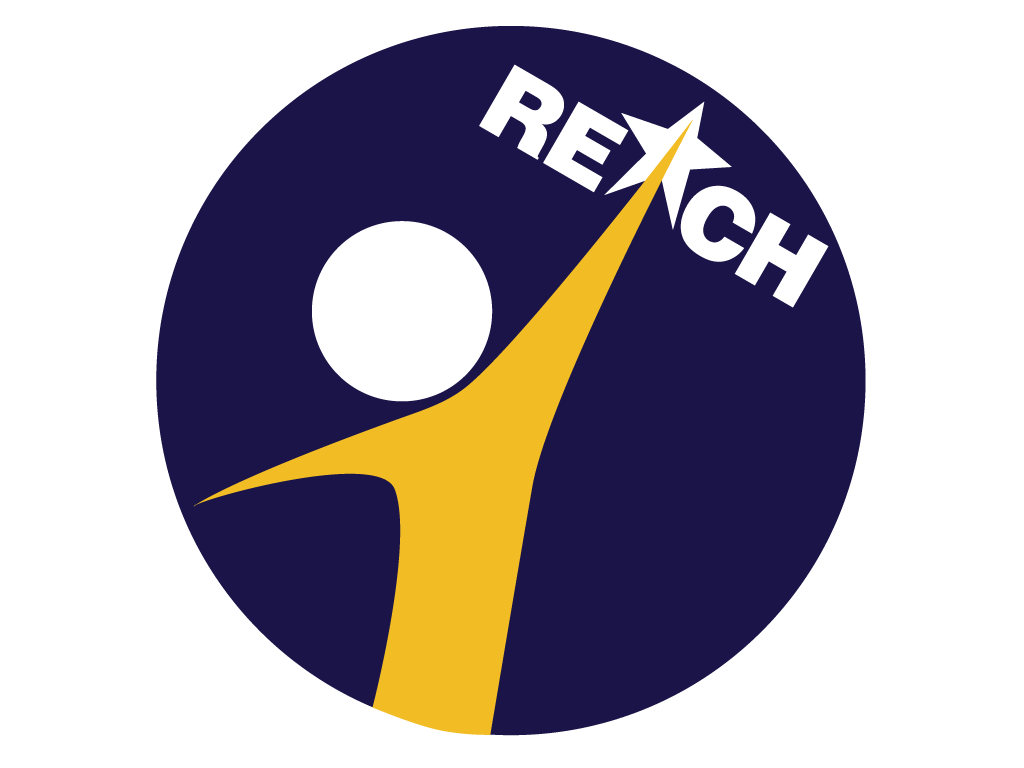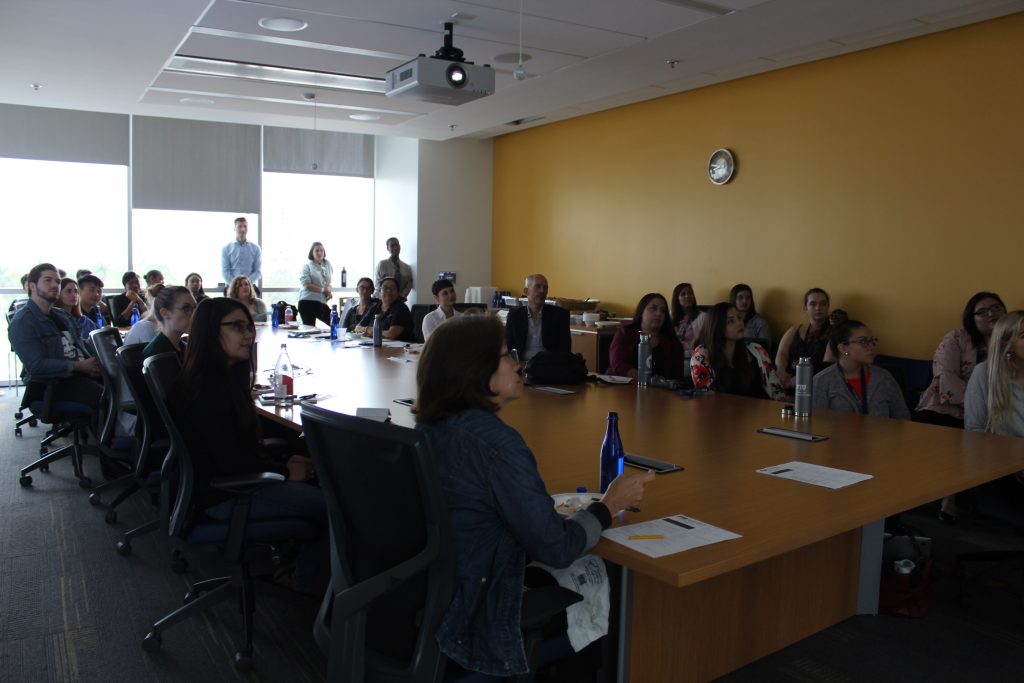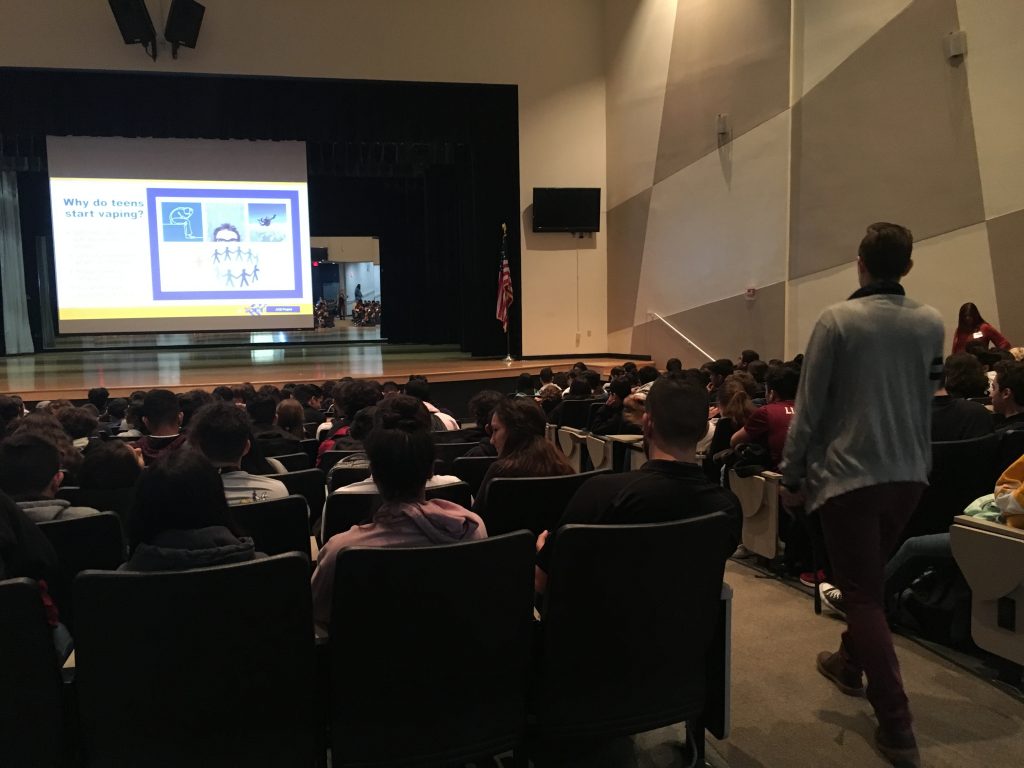17 Apr ReACH Lab RAs Earn Spots In Master’s Program And Summer Program
Our ReACH Lab members continue to make us proud, exemplified by Lauren Vilau and Patricia Otero, who earned a Master’s Program spot and a spot in the Strong Children’s Research Center Summer Program, respectively.
ReACH Lab undergraduate RA Lauren Vilau will be starting her journey towards a Master’s degree this Fall after getting accepted to Florida International University’s (FIU) Professional Counseling Psychology (PCP) Master’s Program. FIU’s PCP program “is committed to preparing future therapists, counselors, consultants, and researchers, for the independent and licensed professional practice of counseling, psychotherapy, and psychotherapy research. [Their] program offers students a solid foundation in psychology and opportunities for specializing in a range of clinical problems and diverse populations, through faculty-guided research and supervised clinical training.” During her time in this program she will work to gain the skills necessary to work with children in the foster care system. She hopes to work with children who have backgrounds of abuse and neglect and help them through their journey, whether it be reunification or adoption.
Ms. Otero, an undergraduate RA of the ReACH Lab and recent FIU graduate, earned a spot in Strong Children’s Research Center Summer Program at the University of Rochester Medical Center, which is designed for undergraduate students interested in pursuing a career in biomedical or clinical research. The program provides trainees with extensive contact with research mentors either from the Department of Pediatrics or other partners who are engaged in research relevant to childhood diseases and developmental biology who can help guide the research project, serve as role models, and provide career direction. During this 10-week internship, Patricia will not only participate in her own research project, but also attend research seminars as well as participate in clinical shadowing rotations. At the end of the summer internship, students are required to produce an abstract and present the results of their research at the Annual Poster Session held on the final day of the program. As a pre-medical student interested in youth, Patricia hopes to get as much insight about this field since she believes it will make her a better rounded future physician. This program will grant Patricia the opportunity to further explore and expand her interest in another field of research which will better prepare her for her future endeavors.
The ReACH Lab is extremely proud of Ms. Vilau and Ms. Otero, congratulations to you both!
- Lauren Vilau (left) and Patricia Otero (right)























